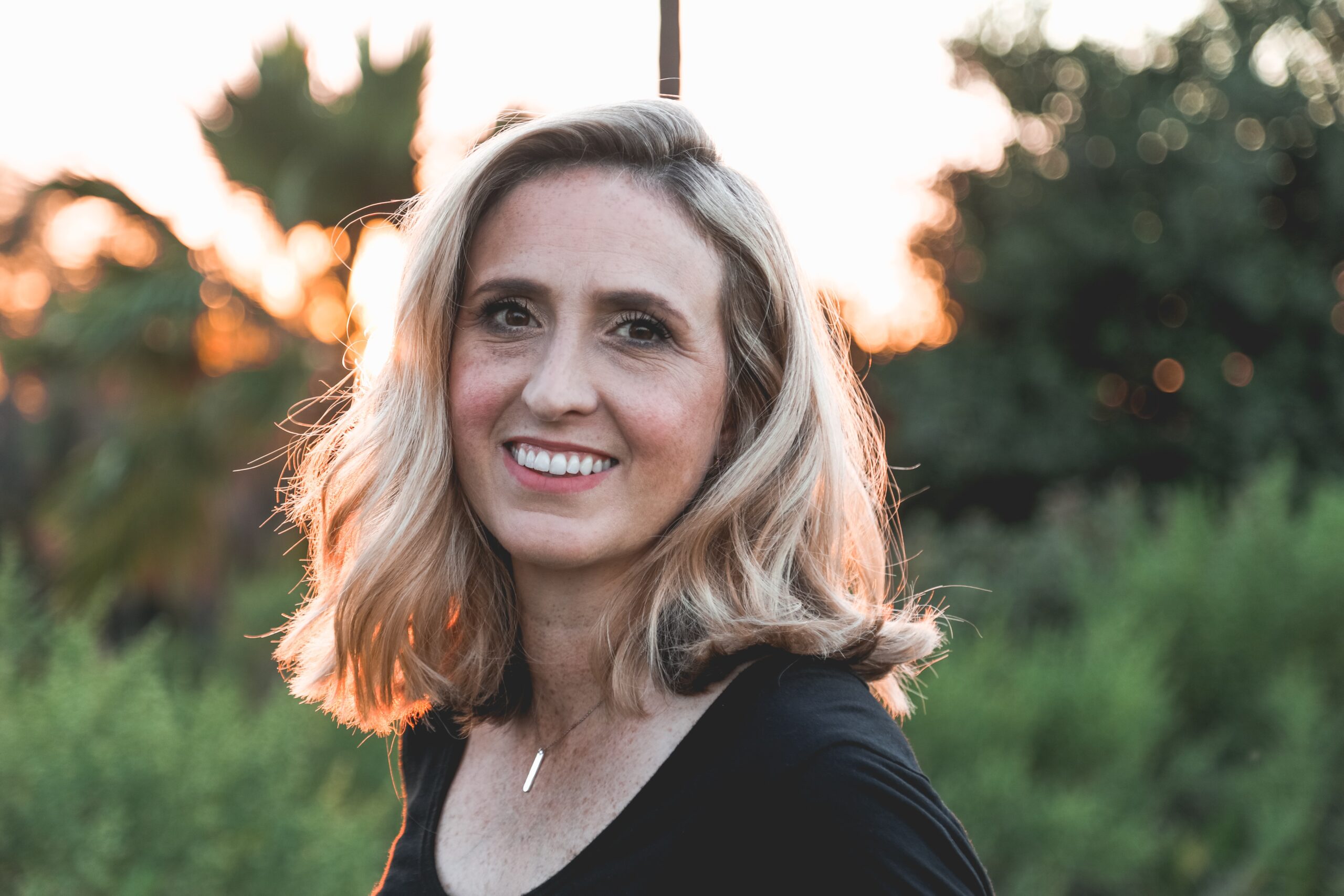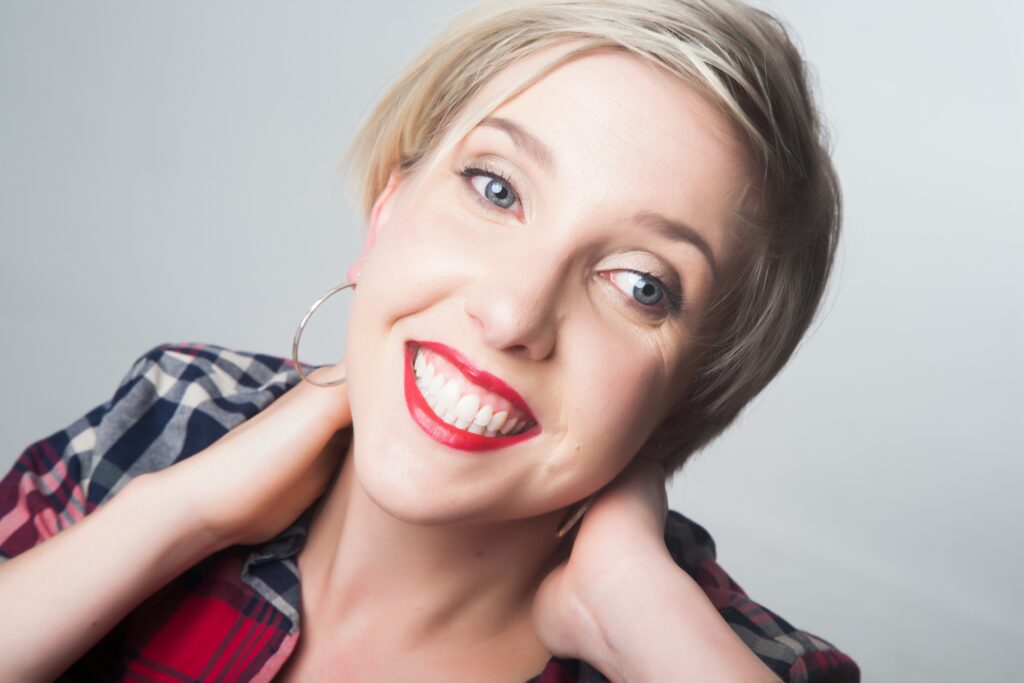

Brushing your teeth before breakfast – why is it important?
Plaque builds up over night whilst sleeping due to reduce saliva flow rate. Brushing your teeth first thing in the morning removes this plaque and eliminates many of the bacteria who feed off sugar and carbs in your breakfast and what you eat throughout the day.
What happens if you eat breakfast without brushing your teeth in the morning?
The bacteria that has built up over night uses the sugar the food we eat, resulting in increased acid production. This acid is very damaging to enamel, which could cause erosion and cavities.
How long after brushing your teeth can you eat breakfast?
Whilst some foods are easier on your teeth than others, it’s important to leave at least 30 minutes between brushing and eating to avoid brushing whilst this acid attack is taking place, thus weakening your teeth.
Should you brush with warm or cold water?
Some people may experience discomfort if they brush using very cold water, which may lead to them not brushing as frequently or for as long. The temperature of the water used will not have an impact on the effectiveness of your brushing.
Should I rinse or spit out the toothpaste?
It is advisable to just spit out any excess toothpaste rather than rinse your mouth. This allows the toothpaste to stay on your teeth for longer and be more effective.
Should you wet your toothbrush before brushing?
By wetting your toothbrush, you will soften the bristles and remove any debris. Rinsing your brush after use will remove residual toothpaste and bacteria.
Can I brush my teeth too much?
We recommend that you brush your teeth twice a day, before breakfast and last thing at night, brushing too often can be harmful to your teeth. Brushing more than 4 times a day can cause recession of the gum line and also hasten erosion of dental enamel, especially if you use a hard brush.
Should I use mouthwash?
Mouthwash can be used as an adjunct to brushing but it does not replace the mechanical removal of plaque which happens when you brush your teeth. If you have cavities or are at a high risk of gum disease, you may benefit from using an antibacterial mouthwash, but only on the advice of your dentist for a limited period. Mouth rinses with fluoride can also help ward off tooth decay.
How often should I use mouthwash?
If dentists and hygienists recommend using a mouthwash, then generally it would be once a day. However, to ensure that you aren’t washing away fluoride, it’s important to leave at least 30 minutes after brushing before using mouthwash.
Read our CQC report


BRACES


BONDING


Dental Health Plan
We are accepting new patients, book an introduction call today
Book An Introduction Call
Smile Hack 🍎🥕
Love a sweet treat? Jane shares a simple swap that your teeth will thank you for.
Sticky sweets cling to your teeth and sit in the tiny grooves for longer, feeding the bacteria that cause decay. The longer they stick around, the more damage they can do.
Instead, try swapping them for crunchy veg or a handful of nuts. Foods like carrots, cucumber and peppers have a natural crunch that helps stimulate saliva, which protects your teeth. Nuts are also a lower-sugar option and far less likely to cling to enamel.
Small changes really do make a big difference over time.


Are electric toothbrushes better than manual?
It’s a question we’re asked a lot at the practice – and in this video, Carol gives a clear, honest answer.
Electric toothbrushes can make it easier to clean effectively, especially if you struggle with technique, brushing for long enough, or reaching certain areas. Many people find they remove plaque more consistently, simply because they do most of the work for you.
That said, a manual toothbrush can still do a great job when used properly. It’s less about the brush itself and more about how you use it.
Watch Carol’s quick explanation to find out what we usually recommend – and how to make sure you’re getting the most from your brushing routine.
If you’re unsure whether your brushing technique is working for you, mention it at your next appointment and we’ll be happy to guide you. 🪥


Our Gromits have become quite the local celebrities here at Evolve 🐾💛
So many of you pop into our patient lounge just to see the collection, and we love how much joy they bring to patients of all ages.
At the moment, two of our Gromits seem to have wandered off on an adventure! We’re hoping they simply need a little help finding their way home.
If you happen to spot them locally or see anything that looks like part of our collection being sold, we’d really appreciate you letting us know. You can message us privately or call the practice.
They’re part of what makes Evolve feel like Evolve — and we’d love to have the whole family back together again.
Thank you for always looking out for us 💛
#Portishead
#PortisheadLife
#PortisheadBusiness
#NorthSomerset
#BristolAndBeyond
#ShopLocalSomerset
#supportlocalbusinesses❤️ #Gromit
#GromitSpotting
#WallaceAndGromit
#Aardman
#GromitUnleashed
#gromitfans #CommunityMatters
#KeepingItLocal
#SpreadTheWord
#HelpUsFindThem


😴 Can snoring affect your oral health?
In our latest Two Thirty video, Maggie answers a question many people don’t think to ask — can snoring impact your teeth and gums?
The short answer is yes, it can.
Snoring is often linked to breathing through your mouth at night, which can cause a dry mouth. Saliva plays an important role in protecting your teeth, so when your mouth is dry, you may be more prone to tooth decay and bad breath.
If you snore and have noticed dryness, increased decay or concerns about your breath, it’s worth mentioning at your next appointment.
Our reception team at Evolve Dentistry in Portishead will be happy to arrange a consultation if you’d like advice.


⏰ Smile hack: When you brush matters
Did you know it’s not just how long you brush — but when you brush — that makes a difference? Maggie shares an important smile hack about timing your toothbrushing properly.
Brushing straight after eating — especially after acidic foods or drinks like fruit, juice or coffee — can actually do more harm than good. Your enamel is slightly softened, and brushing immediately can cause wear.
Maggie explains the best time to brush and why waiting can help protect your teeth long term.
It’s a small change that can make a big difference to your oral health.


How do braces actually work? 🤔
In the latest video from our Two Thirty series, Lisa explains exactly how braces move teeth — and why treatment takes time.
If you’ve ever wondered how gentle pressure can gradually straighten your smile, or what’s happening behind the scenes during orthodontic treatment, this short video breaks it down in a clear and easy-to-understand way.
Whether you’re considering braces for yourself or your child, understanding the process can make the journey feel much more reassuring.
Watch the full video now and, if you have questions about braces, our reception team will be happy to help you book a consultation at Evolve Dentistry in Portishead.


Have you got an old filling on a front tooth that’s starting to discolour?
Andrea recently visited us to have a stained filling replaced by Richard — and she’s absolutely thrilled with the result.
In her video, she talks about how the old filling had become noticeable over time and how much fresher and more natural her smile looks now.
Sometimes it’s the small changes that make the biggest difference to your confidence.
If you’re unhappy with an old filling, contact our reception team to book a consultation and explore your options.





